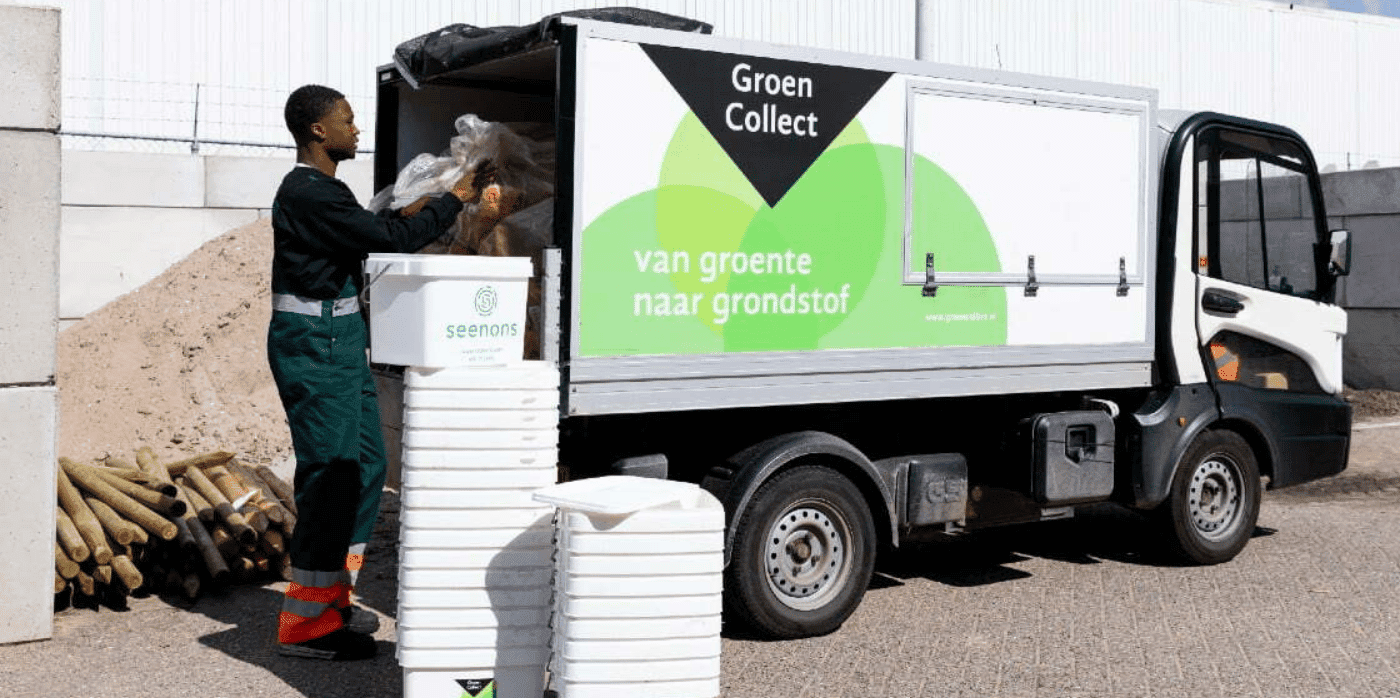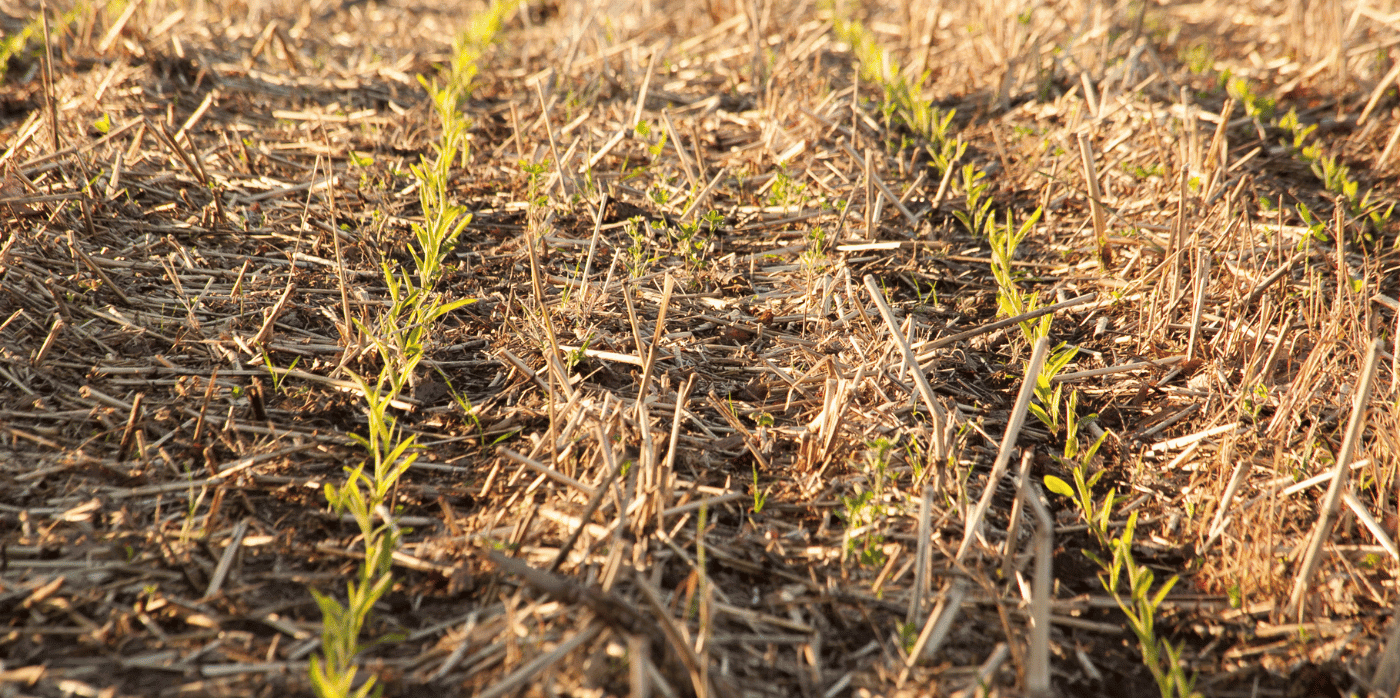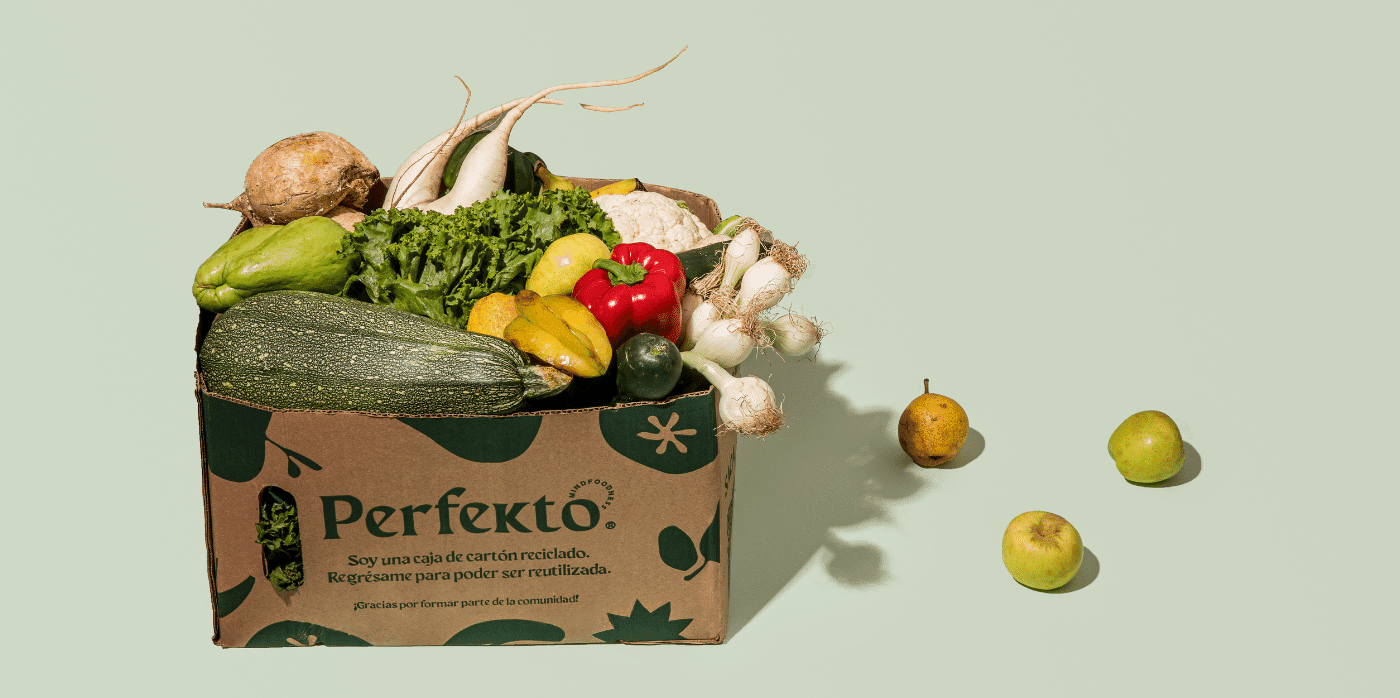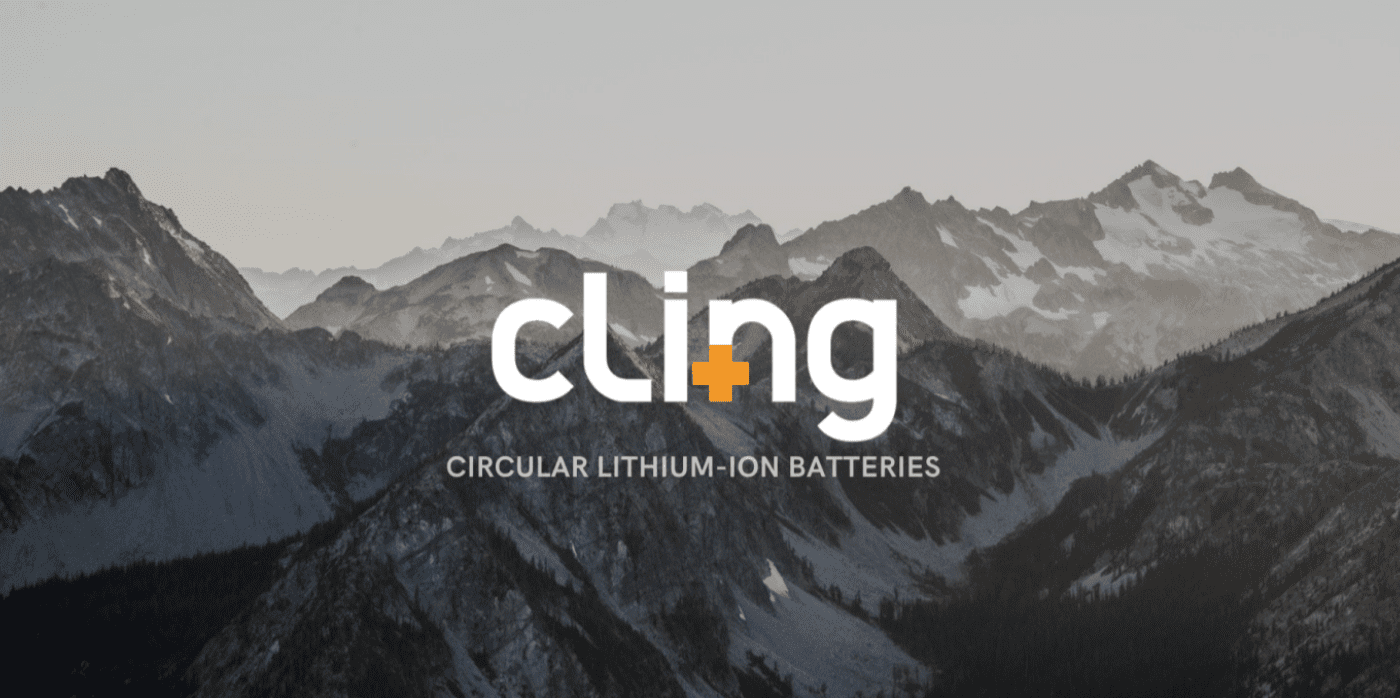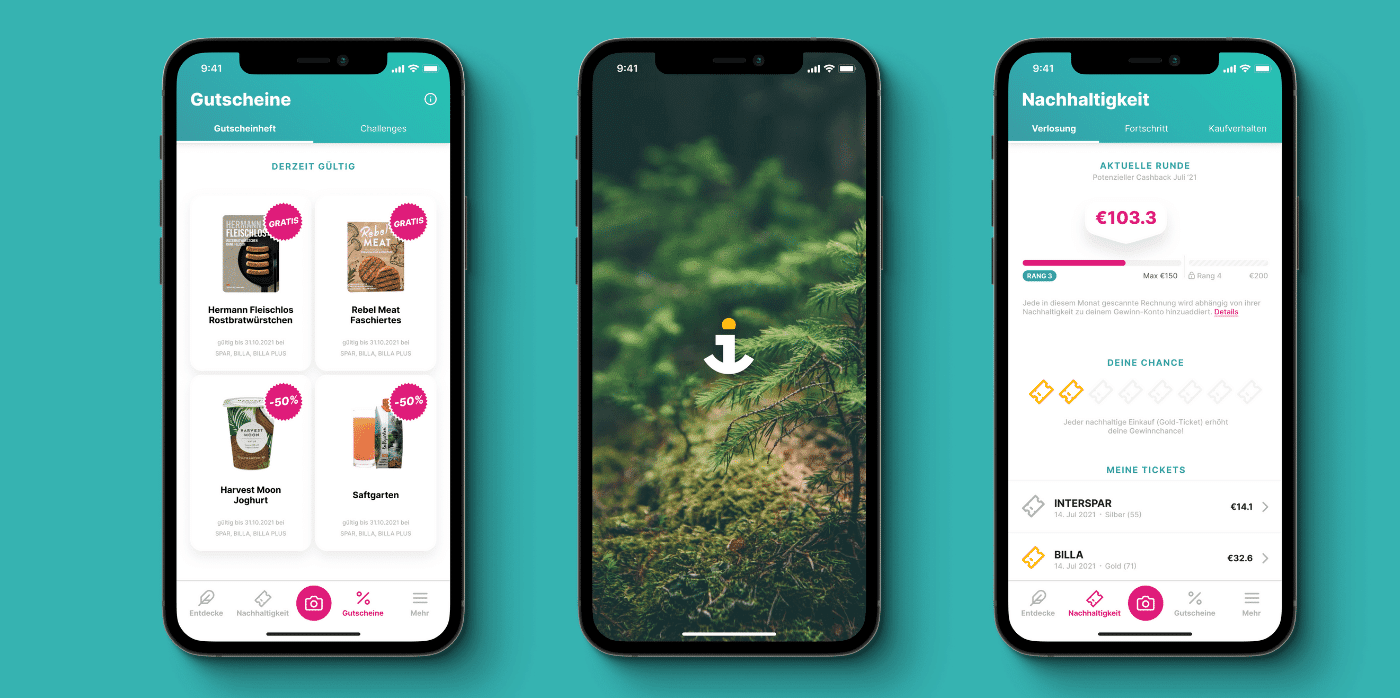A platform brings together stakeholders in waste management

Spotted: In 2020, 4.8 tonnes of waste were generated per inhabitant in the European Union, and the volume of waste we generate as a global – and increasingly consumer – population is only growing. Recycling rates are not keeping up with current rates of waste production, with a lot of waste ending up either incinerated or dumped in landfill. To help end this unsustainable waste treatment, Netherlands-based startup Seenons has created a platform that connects everyone in the waste chain to help reduce rubbish, salvage valuable raw materials, and stimulate a circular economy.
Seenons combines clean technology and smart logistics in its tech platform, connecting organisations that separate waste, logistics companies that transport it, and processors and producers who use the scraps to manufacture new usable materials and products. The platform matches waste with a suitable processor, who then turns it into a new product, green electricity, or biogas. For example, coffee residues can be repurposed into soap, or used as raw material to grow oyster mushrooms.
Seenons’ website and app allow businesses to arrange for their waste to be collected efficiently and sustainably with the click of a button. Users can manage and track their waste easily with Seenons and see the positive impact they’ve made in a personalised dashboard.
The company recently raised €10 million in a recent investment round, which will be used to further develop its platform internationally and improve its technology.
Springwise has spotted many innovations that better manage waste, including houses that are made using waste from rice production, and an app that helps families minimise the food that ends up in kitchen bins.
Written By: Anam Alam

